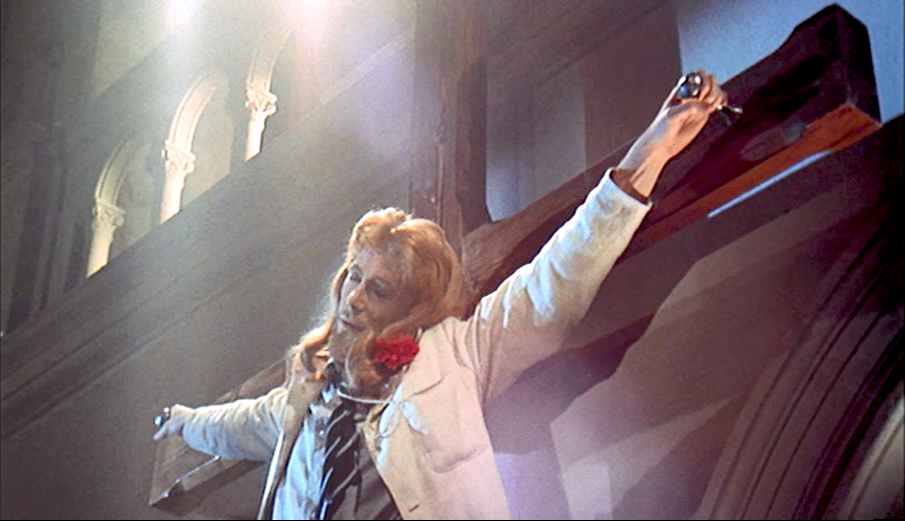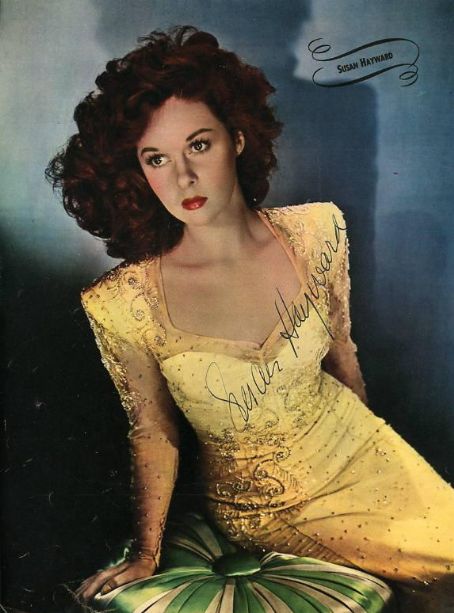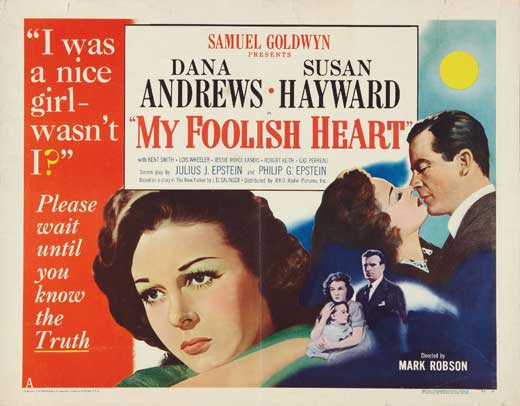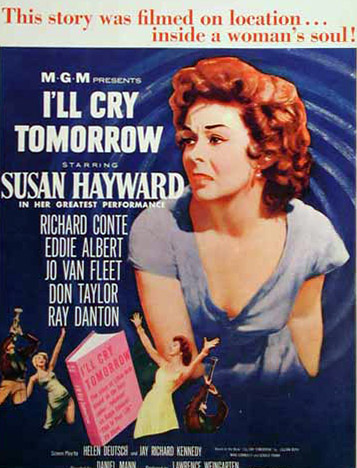John and Matthew are watching every single live-action film starring Meryl Streep.
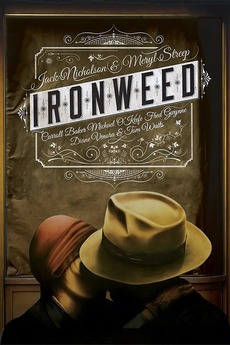 #14 — Helen Archer, a dying homeless alcoholic.
#14 — Helen Archer, a dying homeless alcoholic.
JOHN: Behold, the most devastating sequel to Heartburn imaginable. Directed by Hector Babenco and adapted by William Kennedy from his own Pulitzer-winning novel, Ironweed follows Francis (Jack Nicholson) and Helen (Streep), two homeless drifters biding their time and eking out their lives in Depression-era Albany. At nearly two and a half hours long, Ironweed is a bleak, wrenching study of poverty with nary a promise of redemption in sight. We’re talking about a movie whose most uplifting and musical scene is chased with a crushing dose of hopeless reality, a movie in which dogs assail a woman’s frozen corpse outside a church, digging graves is considered a good day’s work, and ramshackle vagrants pray they drink enough liquor to die in their sleep. It’s a tough sell and an even tougher sit, but Ironweed features one of Streep’s most spellbinding transformations.
Helen Archer does not make her entrance for a good twenty minutes. First we watch Nicholson’s Francis dig graves, slug whiskey, and fecklessly address the headstone of his deceased infant son, who he dropped and killed in a drunken daze. In the basement of a church serving free hot meals for the homeless, Helen slips through the door, a regular who, after some time away, returns to more of the same, reuniting with her moribund companion Francis. Streep’s Helen is shrewd enough to get herself warm and fed, but something about Helen suggests that she isn’t entirely there; it’s almost as if she is suspended halfway between life and death, past and present.
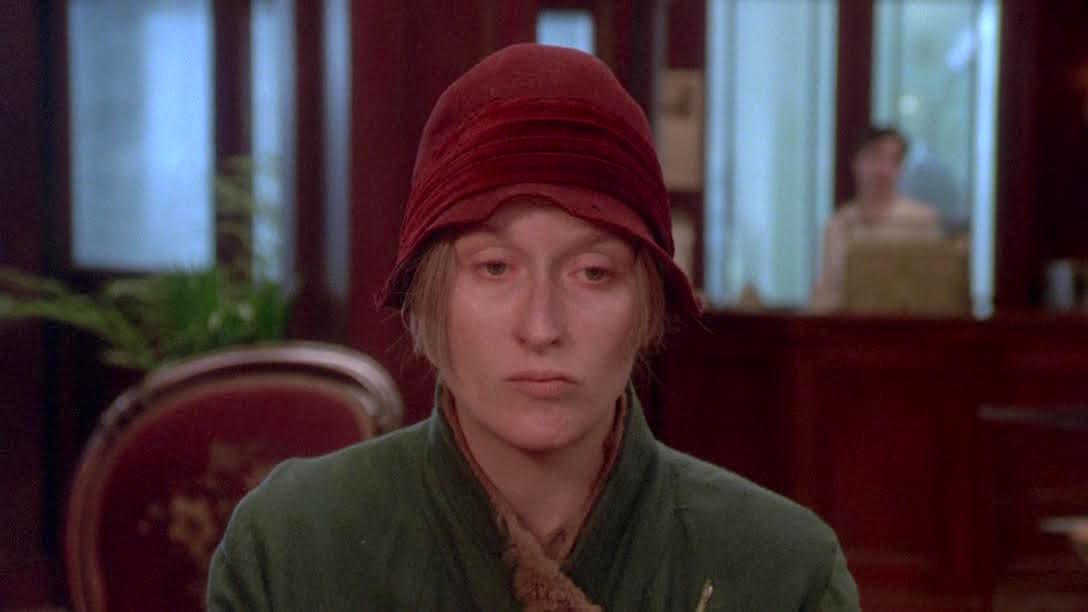
Helen, who we will come to learn is a former singer and concert pianist, constantly recollects the glory of her dashed dreams with utmost clarity, as again Streep is able to conjure a memory so expressively that one believes it to be as true as fact...
Click to read more ...
 Monday, April 8, 2019 at 5:00PM
Monday, April 8, 2019 at 5:00PM 